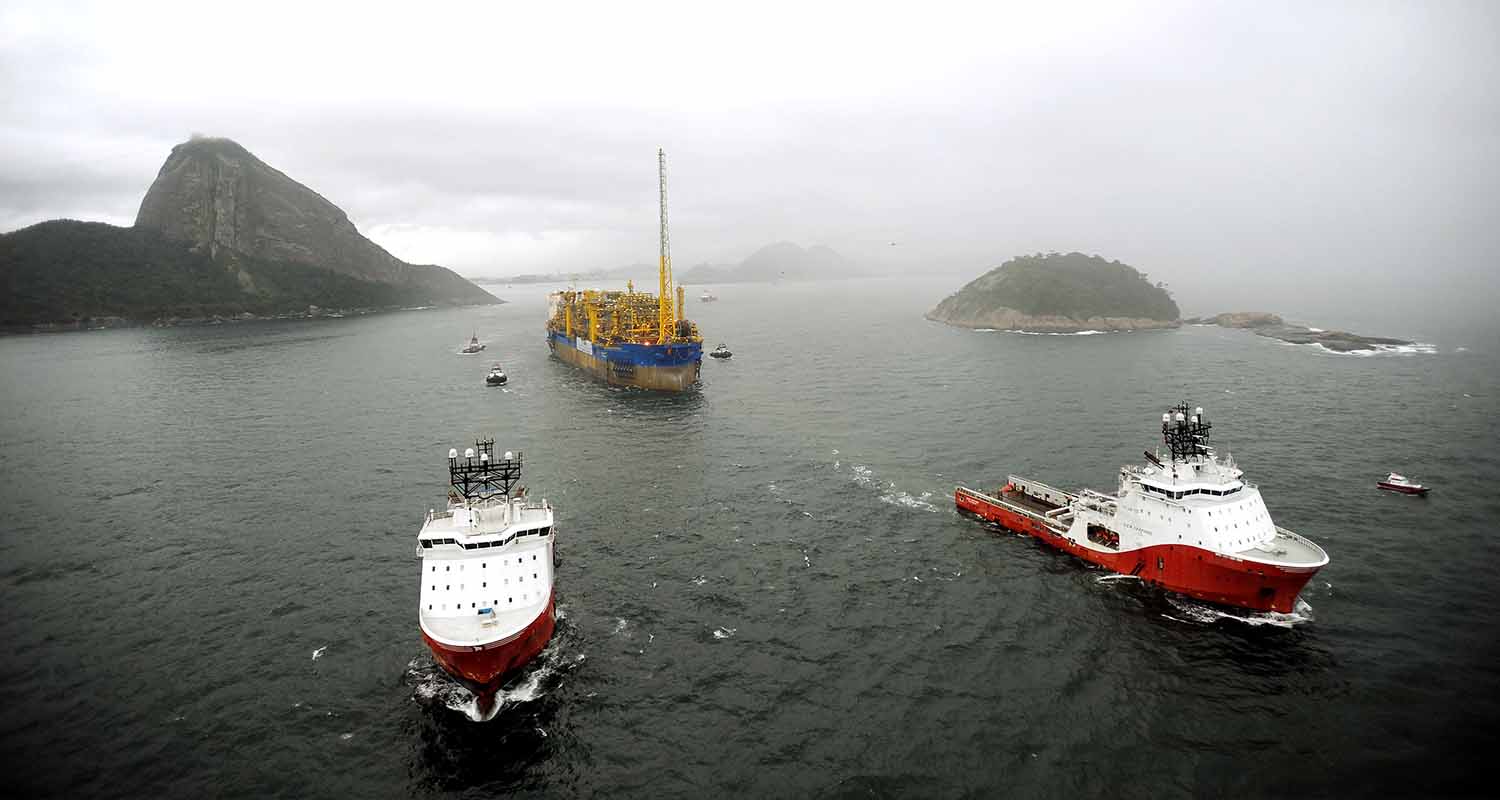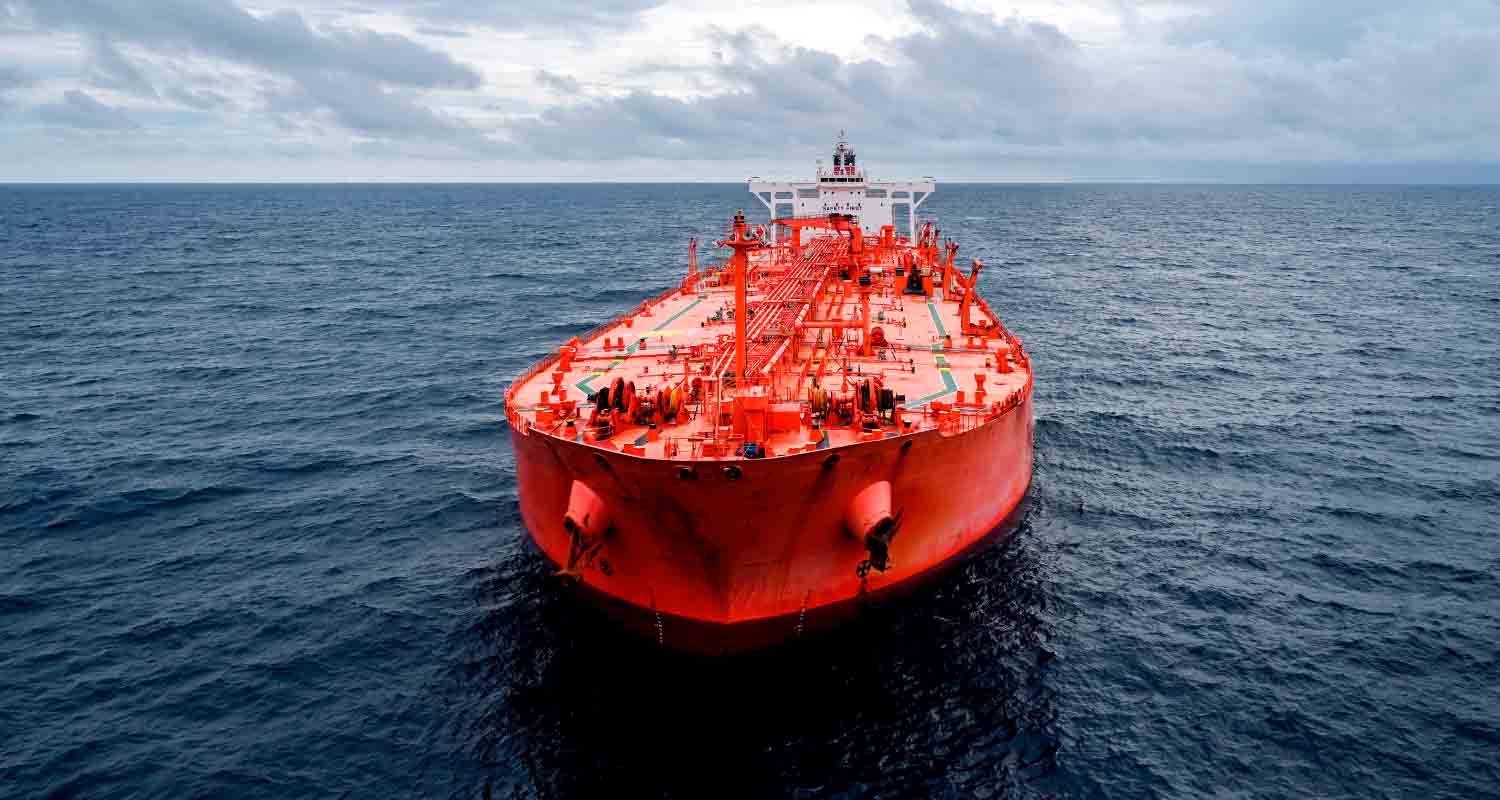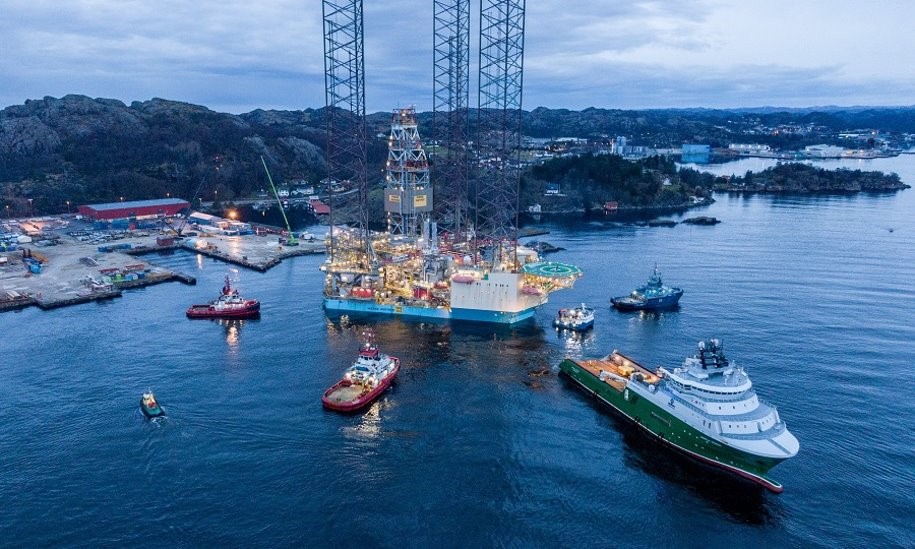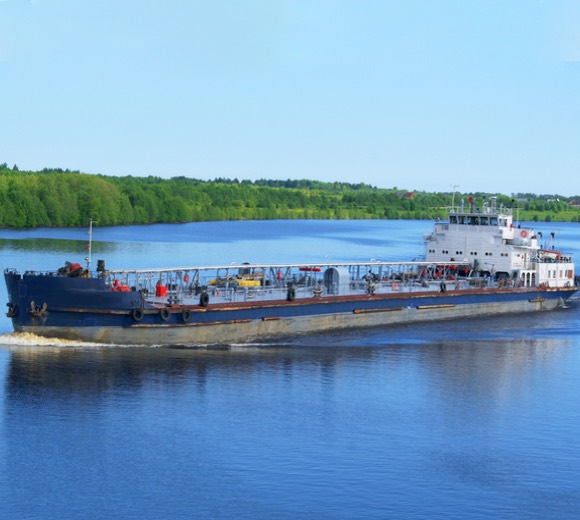What is Repsol Vetting?
We are a team of marine experts in charge of ensuring that the vessels involved in the Repsol Group's undertakings meet Repsol's criteria and process standards.
The following vessels must be rated as acceptable in the vetting process:
- Vessels owned by the Repsol Group
- Time charter vessels
- Voyage charter vessels
- Any ship operating at a Repsol Group terminal even if this operation is undertaken by an Operator not belonging to the Group
- Any unchartered vessel carrying cargo belonging to the Repsol group
Our Vetting team is in charge of carrying out assessments in accordance with our vetting processes at both Repsol terminals and other national and international terminals.
A range of vetting processes are available to adapt to the type of vessel being screened
A range of vetting processes are available to adapt to the type of vessel being screened
Repsol Vetting Process
Contact details
Vetting matters: vetting@repsol.com
Operator meetings and TMSA matters: vetting@repsol.com
Casualty/incident reporting:
- Vessels chartered by Repsol, vessels transporting Repsol’s cargoes, and vessels visiting terminals owned or operated by Repsol: incidentshipping@repsol.com
- Other cases: vetting@repsol.com
Repsol Vetting Process for F(P)SOs
Repsol Offshore Vetting Process
Contact details:
Vetting matters: offshore.vetting@repsol.com
Incident reporting:
- Vessels chartered by Repsol, vessels transporting Repsol’s cargoes or personnel, and vessels visiting offshore facilities operated by Repsol: offshore.vessel.incident@repsol.com
Repsol River Vetting Process (E&P)
Contact information:
Emergency/incident reporting:



